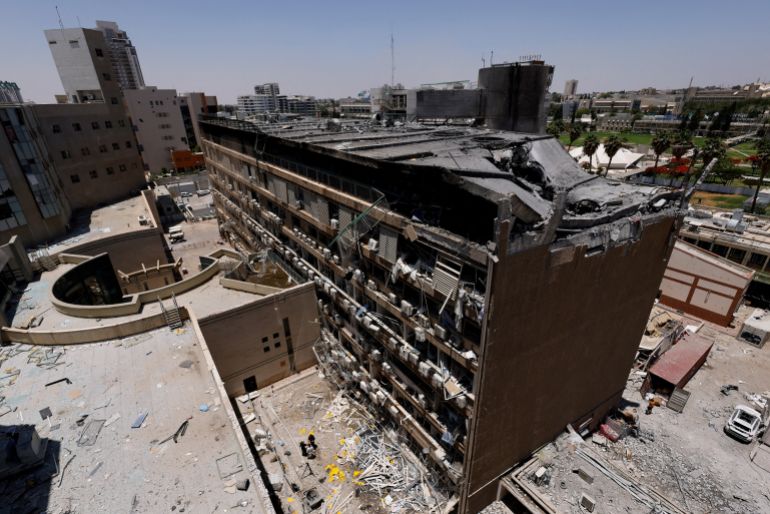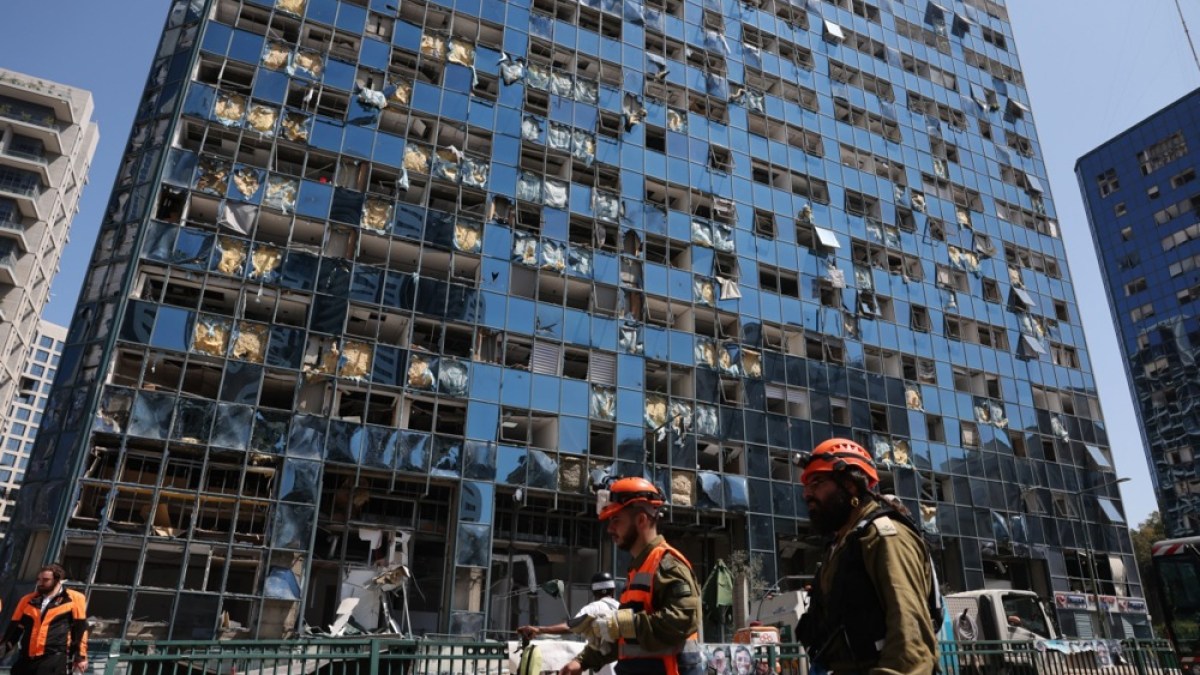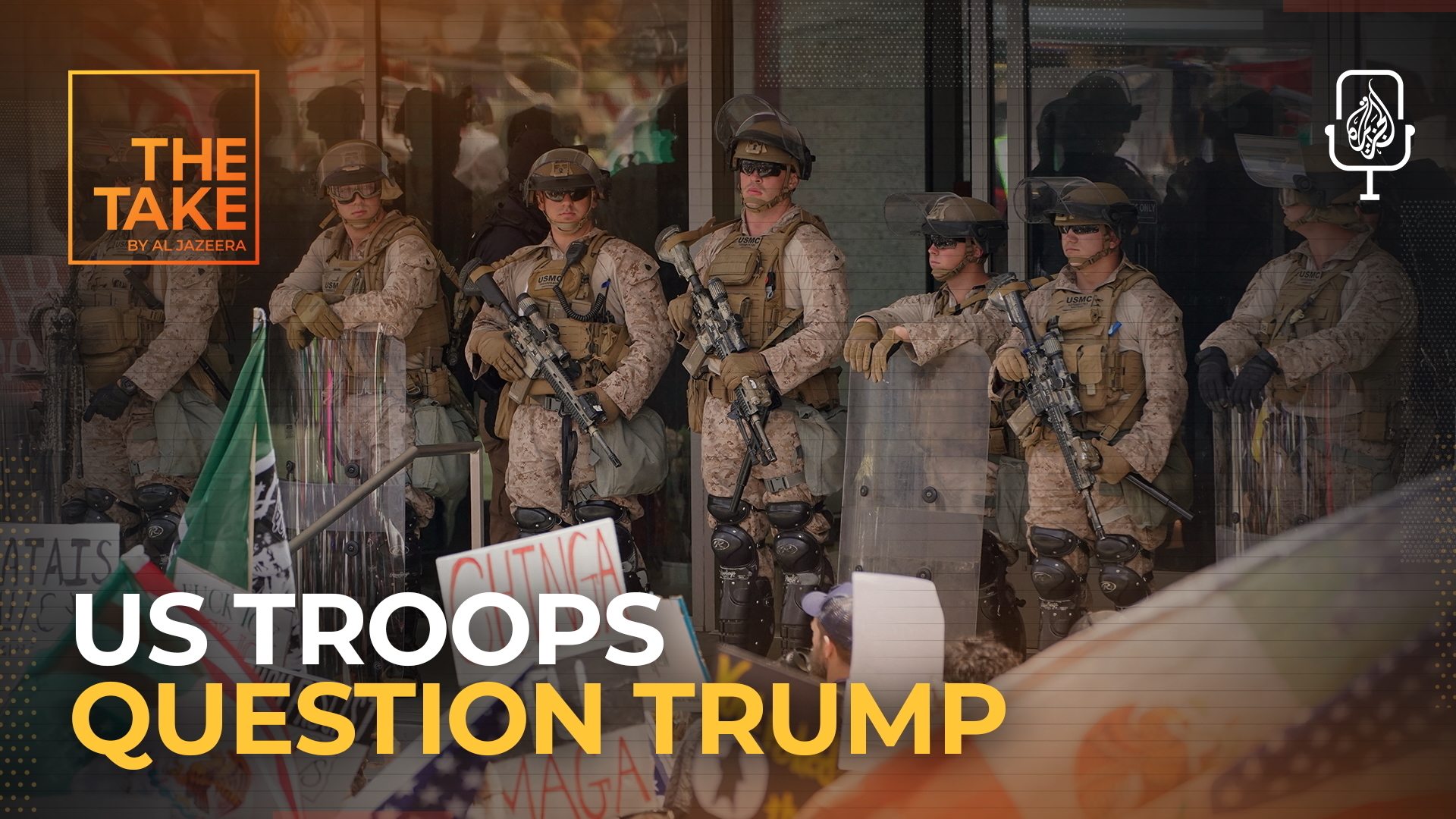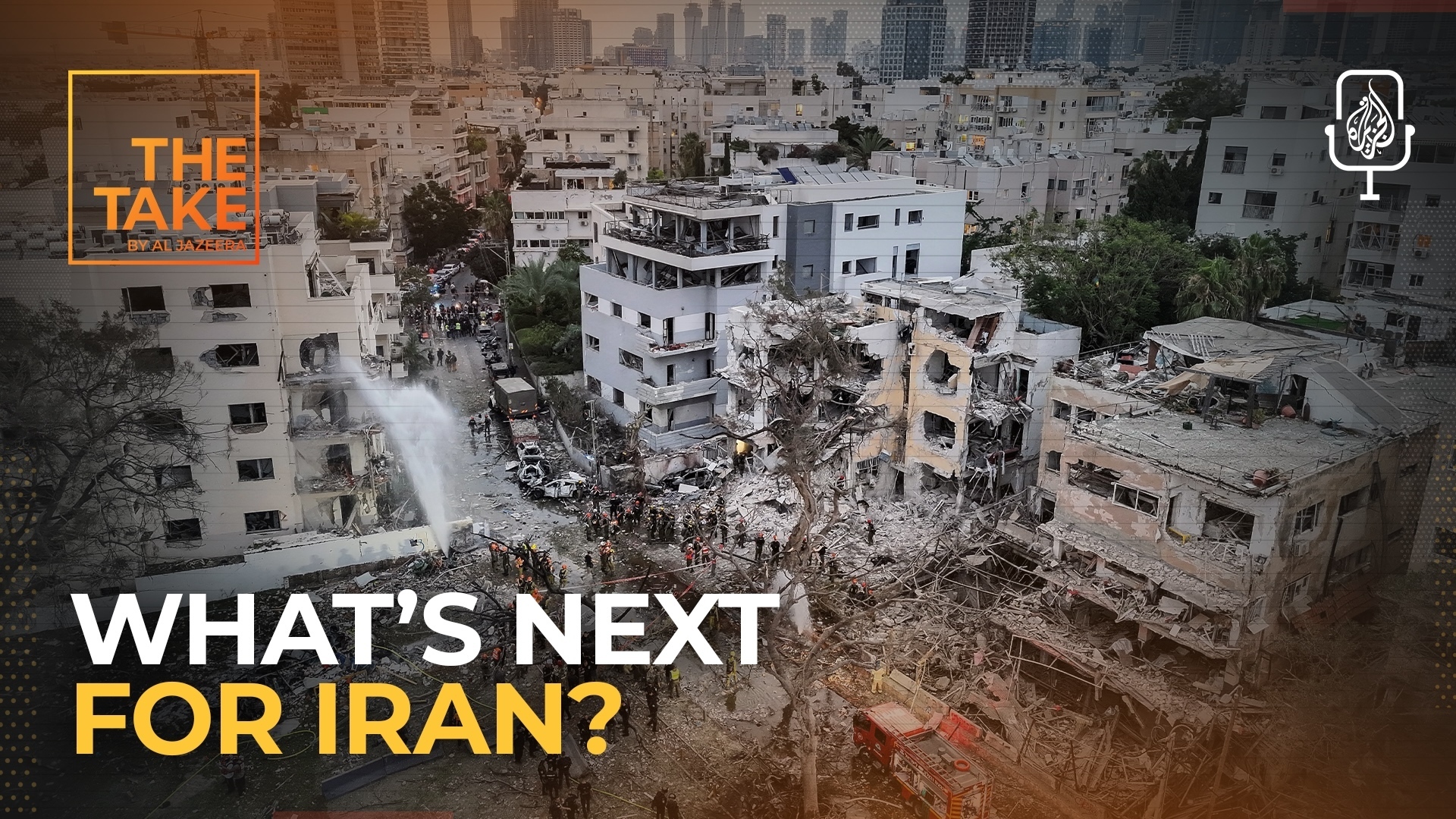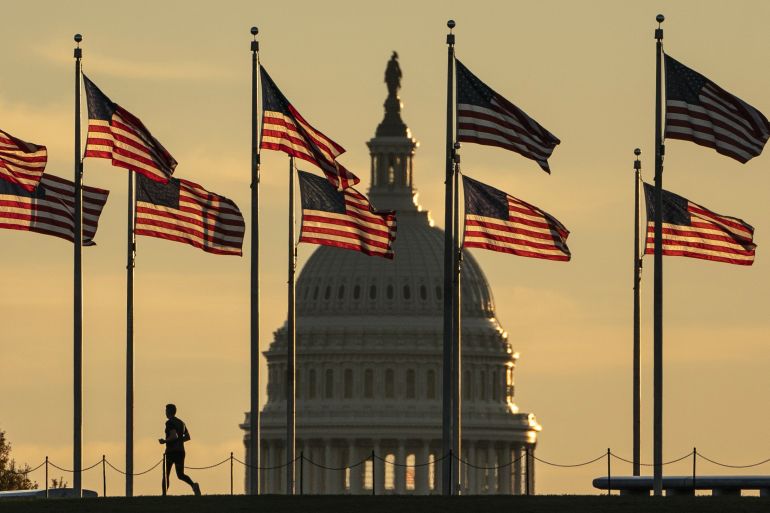Who: Bayern Munich (Germany) vs Boca Juniors (Argentina)
What: FIFA Club World Cup, Group C, Matchday 2
Where: Hard Rock Stadium in Miami, Florida, United States
When: Kickoff is at 9pm on Friday (01:00 GMT on Saturday)
How to follow our coverage: We’ll have all the build-up from 5pm local (21:00 GMT on Friday) on Al Jazeera Sport.
Group C leaders Bayern Munich clash with Argentina mega club Boca Juniors in the second matchday for each side at the FIFA Club World Cup (CWC) in the United States.
Victory for Bayern would ensure they qualify for the knockout stages, beginning on June 28.
After a draw in their opening match, Boca Juniors have it all to play for if they also want to progress to the last 16 of the tournament and will need to defeat Bayern to draw level on points at the top of Group C.
How did Bayern Munich and Boca Juniors fare in their opening Group C fixtures?
Bayern Munich began their campaign in record-breaking fashion, becoming the first team to score double digits in a single CWC game when they thumped Auckland City 10-0 on Sunday.
German international Jamal Musiala marked his return from injury with a brilliant second-half hat-trick in a commanding team display.
Boca Juniors played out a 2-2 draw with Benfica on Monday in a feisty encounter that resulted in three red cards.
The Buenos Aires side were ahead 2-0 just before half-time but let the three points slip after squandering the lead to the Portuguese side.
Why were Boca’s Ander Herrera and Nicolas Figal given harsh suspensions?
Boca Juniors players Ander Herrera and Nicolas Figal were handed four-match bans by FIFA after being sent off in their CWC opener, a spokesperson for the Argentinian club said on Wednesday.
Boca disagreed with the sanctions imposed on their players after Benfica’s Andrea Belotti received a two-match ban for catching Ayrton Costa in the head with a high boot in the 72nd minute.
“We have already contacted FIFA to submit an appeal,” a club spokesperson said.
Spanish midfielder Herrera, who was subbed off due to a muscle injury, was shown a red card in the 45th minute after protesting to Mexican referee Cesar Ramos from the bench over a penalty awarded to the Portuguese side.
Defender Figal was sent off in the 88th minute with a straight red card for a foul on Florentino Luis when the match was tied at 2-2.

Have Bayern and Boca ever played before?
The teams last met on November 27, 2001, in the knockout stage of the FIFA Intercontinental Cup in Tokyo, Japan.
The contest was billed as a clash of the super clubs between the then-two-time Copa Libertadores champion Boca Juniors taking on the might of the newly crowned UEFA Champions League winners, Bayern Munich.
Bayern beat Boca 1-0 in extra time courtesy of a 109th minute strike by Samuel Kuffour.
Friday’s match will be only the fourth time they’ve played in 100 years.

Team News: Bayern Munich
Out: Hiroki Ito (metatarsal fracture), Alphonso Davies (cruciate ligament tear), Kim Min-jae (foot injury)
Doubtful: none
Manager Vincent Kompany has a full squad available to him and is expected to field a similar starting XI to the side that thrashed Auckland.
Star forward Harry Kane, who failed to score in the goal fest against Auckland City, is again expected to lead the line.
Team News: Boca Juniors
Out: Sergio Romero (knee injury)
Doubtful: none
Suspended: Herrera, Figal
Boca Juniors manager Miguel Russo has two large holes to fill with former Manchester United star Herrera and Figal both suspended until the semifinal stage of the tournament.
Tomas Belmonte replaced Herrera in the midfield against Benfica and is a near-certainty to get the start in the key central midfield role. Figal’s role in the back four will likely be occupied by Marcos Rojo.
Russo is expected to deploy the same 4-2-3-1 set-up, just as he did against Benfica.

Possible lineups:
Bayern Munich: Neuer; Laimer, Tah, Upamecano, Guerreiro; Kimmich, Pavlovic; Olise, Musiala, Coman; Kane
Boca Juniors: Marchesin; Advincula, Rojo, Costa, Blanco; Belmonte, Battaglia; Zenon, Velasco, Palacios; Zeballos
Form guide
Bayern Munich (all competitions, most recent first):
W-W-D-W-W
Boca Juniors (all competitions, most recent first):
W-L-D-W-L
Where will the match be played?
The match will be played at the 65,000-capacity Hard Rock Stadium in Miami, Florida.
The venue is home to the legendary Miami Dolphins NFL franchise and stages the Miami Tennis Open annually.

What the teams had to say
Manuela Neuer, Bayern Munich goalkeeper:
“We’re definitely expecting a good atmosphere. We saw how the match against Benfica went,” Neuer told fcbayern.com.
“We’re getting more and more focused as the game approaches. In terms of analysis of the opposition too, we know exactly what we’ll need in the match. We keep increasing the intensity before reducing it a little on the day before the match because the temperatures too play a role.”
Miguel Russo, Boca Juniors manager:
“We have to be up to the task. It will be a physical match like [against Benfica].
“They’re [Bayern Munich are] a big opponent. Historically, they’ve won a lot. But Argentine football is big too. … We welcome these challenges. But we have to know that Friday’s game will be tougher than today’s [vs Benfica].”
How much is the prize money for the Club World Cup?
The total prize pot is $1bn with the champions earning up to $125m.
About half of the $1bn will be divided between the 32 clubs with the amount per club based on sporting and commercial criteria. It means that clubs such as Manchester City and Real Madrid will receive a greater percentage than smaller clubs in a model FIFA developed with the European Club Association.
A further $475m will be awarded on a performance-related basis. Hence, the team with the most wins over a potential seven matches will bank more cash with a maximum pot of $125m available.

